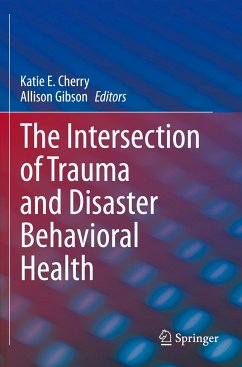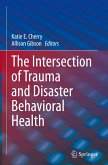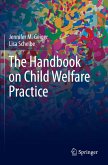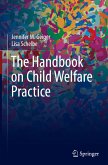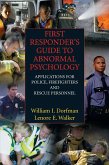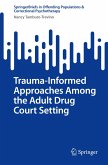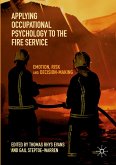This contributed volume examines the intersection of trauma and disaster behavioral health from a lifespan perspective, filling a critical gap in the literature on disaster mental health research. In the chapters, the contributors evaluate behavioral data of adults exposed to various environmental events in both the United States (i.e., the 2017 Hurricanes Irma in Florida and Harvey in Houston) and abroad (i.e., missile fire in the 2014 Israel-Gaza conflict). Contributors also suggest future directions, practices, and policies for trauma and disaster response.
The three parts of the book provide an overview of disaster behavioral health across the lifespan, propose practical applications of research theories to psychosocial problems resulting from disasters and trauma, and evaluate disaster and trauma interventions from a macro-level perspective. Topics explored among the chapters include:
Integrating Trauma-Informed Principles into Disaster Behavioral Health Targeting Older Adults Cultural Competence and Disaster Mental Health When Disasters Strike: Navigating the Challenges of "Sudden Science" Frameworks of Recovery: Health Caught at the Intersection of Housing, Education, and Employment Opportunities After Hurricane Katrina Substance Use Issues and Behavioral Health After a Disaster Psychosocial Recovery After Natural Disaster: International Advocacy, Policy, and Recommendations
The Intersection of Trauma and Disaster Behavioral Health is a vital resource for researchers whose expertise covers the domains of trauma, health and wellness, and natural and technological disasters. The book also is a useful supplement to graduate courses in psychology, sociology, social work, disaster science, human ecology, and public health.
The three parts of the book provide an overview of disaster behavioral health across the lifespan, propose practical applications of research theories to psychosocial problems resulting from disasters and trauma, and evaluate disaster and trauma interventions from a macro-level perspective. Topics explored among the chapters include:
Integrating Trauma-Informed Principles into Disaster Behavioral Health Targeting Older Adults Cultural Competence and Disaster Mental Health When Disasters Strike: Navigating the Challenges of "Sudden Science" Frameworks of Recovery: Health Caught at the Intersection of Housing, Education, and Employment Opportunities After Hurricane Katrina Substance Use Issues and Behavioral Health After a Disaster Psychosocial Recovery After Natural Disaster: International Advocacy, Policy, and Recommendations
The Intersection of Trauma and Disaster Behavioral Health is a vital resource for researchers whose expertise covers the domains of trauma, health and wellness, and natural and technological disasters. The book also is a useful supplement to graduate courses in psychology, sociology, social work, disaster science, human ecology, and public health.

